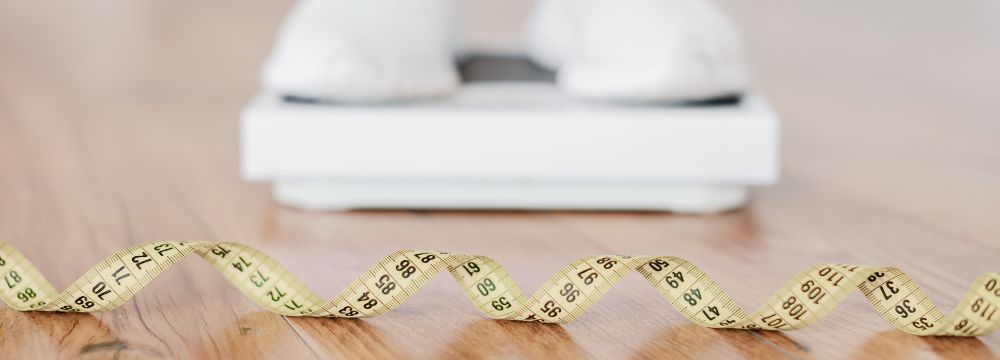Archives: October 2024
Can Bariatric Surgery Reverse Osteoarthritis?

When discussing bariatric surgery as a treatment option for osteoarthritis, it’s essential to define precisely what osteoarthritis is and whether it can be reversed. Osteoarthritis is the degradation of the joints, usually due to mechanical wear and tear and hormonal/chemical issues within the body. Most studies show that excess weight puts significant additional pressure on the sensitive cartilage that keeps our bones from rubbing against each other, wearing it down and ultimately causing arthritis. More recently, research has shown that inflammatory cytokines associated with adipose or abdominal fat tissue may also react with the joints and cause degradation through inflammation. This one-two punch means that many patients with obesity also often suffer from significant knee, back, and ankle pain.
Is There an Ideal Body Mass Index After Bariatric Surgery?

Choosing a sleeve, gastric bypass, duodenal switch, or other weight loss surgery is a big commitment. In addition to the recovery period, these procedures require patients to make significant diet and exercise changes and commit to them for the rest of their lives. Given all the effort, most bariatric surgery patients are eager to be rewarded for their work with rapid and significant weight loss and improved health. One measure of weight loss surgery success is the body mass index (BMI). So, what kind of BMI can you expect to achieve after bariatric surgery? Unfortunately, there’s no single answer – but these facts may help you prepare for what’s ahead in your bariatric surgery journey.
